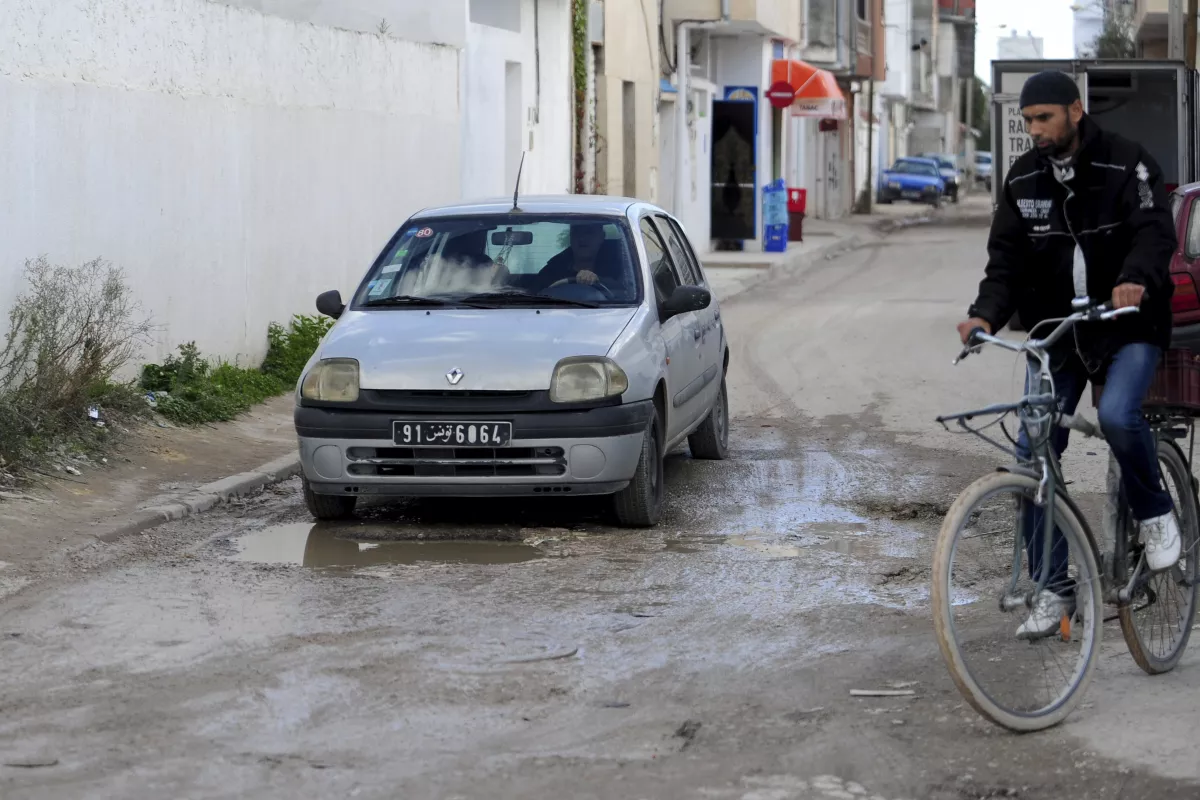TUNISIA — Tunisians were voting Saturday to elect a new parliament against the backdrop of the cost-of-living crisis and concerns about a democratic rollback in the North African country, which was the cradle of protests in the Arab Spring a decade ago.
Opposition parties, including the Salvation Front coalition that includes the popular Ennahda party, are boycotting the poll, saying it is part of President Kais Saied’s strategy to consolidate power. The decision could make the new chamber subservient to the president, whom critics accuse of taking an authoritarian turn.
Voting centers opened at 08:00 in the morning and are scheduled to close at 18:00.
Parliament last met in July 2021. Saied then adjourned and ousted his government after years of political and economic stalemate. He dissolved the chamber in March. Since then, Saied, who was elected in 2019 and continues to enjoy the support of more than half the electorate, has also limited the independence of the judiciary and weakened the power of the chamber.
In a referendum in July, Tunisians approved a constitution that grants broad executive powers to the president. Saied, who spearheaded the proposal and drafted the text, made full use of the mandate in September when he changed electoral law to reduce the role of political parties.
Critics claim that electoral reforms especially affect women. Of the 1,055 candidates for Saturday’s elections, only 127 were women.
Many believe the country’s democratic revolution has failed, a decade after Tunisia was the only nation to emerge from the Arab Spring with a democratic government.

